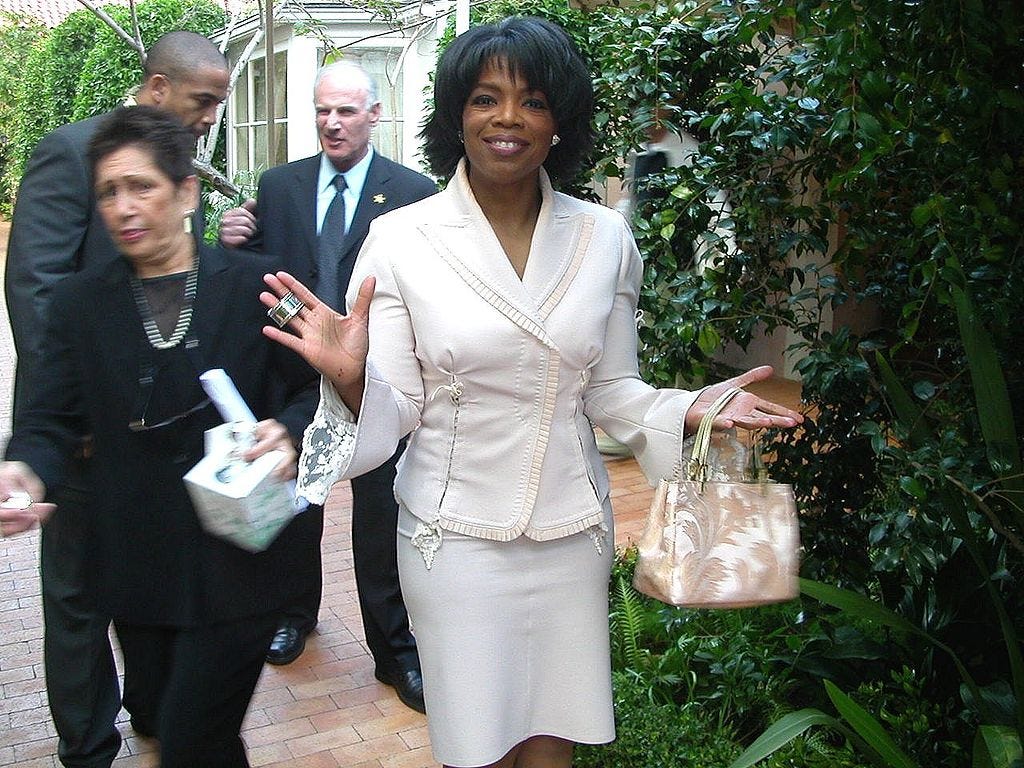

These ideas are elaborated at length in Bourdieu’s classic study of French society, Distinction (1986), in which he shows how the ‘social order is progressively inscribed in people’s minds’ through ‘cultural products’ including systems of education, language, judgements, values, methods of classification and activities of everyday life (1986: 471). The shift from material to cultural and symbolic forms of capital is to a large extent what hides the causes of inequality. Cultural capital – and the means by which it is created or transferred from other forms of capital – plays a central role in societal power relations, as this ‘provides the means for a non-economic form of domination and hierarchy, as classes distinguish themselves through taste’ (Gaventa 2003: 6). These forms of capital may be equally important, and can be accumulated and transferred from one arena to another (Navarro 2006: 17). In this sense habitus is created and reproduced unconsciously, ‘without any deliberate pursuit of coherence… without any conscious concentration’ (ibid: 170).Ī second important concept introduced by Bourdieu is that of ‘capital’, which he extends beyond the notion of material assets to capital that may be social, cultural or symbolic (Bourdieu 1986: cited in Navarro 2006: 16).
#What men want 2003 free
Habitus is neither a result of free will, nor determined by structures, but created by a kind of interplay between the two over time: dispositions that are both shaped by past events and structures, and that shape current practices and structures and also, importantly, that condition our very perceptions of these (Bourdieu 1984: 170). Habitus ‘is not fixed or permanent, and can be changed under unexpected situations or over a long historical period’ (Navarro 2006: 16): Habitus is created through a social, rather than individual process leading to patterns that are enduring and transferrable from one context to another, but that also shift in relation to specific contexts and over time. Habitus is ‘the way society becomes deposited in persons in the form of lasting dispositions, or trained capacities and structured propensities to think, feel and act in determinant ways, which then guide them’ (Wacquant 2005: 316, cited in Navarro 2006: 16). The main way this happens is through what he calls ‘habitus’ or socialised norms or tendencies that guide behaviour and thinking. While Foucault sees power as ‘ubiquitous’ and beyond agency or structure, Bourdieu sees power as culturally and symbolically created, and constantly re-legitimised through an interplay of agency and structure. 2006 Navarro offers a particularly solid introduction to Bourdieu’s method).

And although his subject was mainly Algerian and French society, we have found Bourdieu’s approach useful in analysing power in development and social change processes (see the articles by Navarro, Moncrieffe, Eyben and Taylor and Boser in Eyben, Harris et. Skip it.The French sociologist Pierre Bourdieu approaches power within the context of a comprehensive ‘theory of society’ which – like that of Foucault – we can’t possibly do justice to here, or easily express in the form of applied methods (Navarro 2006). Whether or not it gets a lot of such information "right", the point is that "What Women Want" is frustratingly conventional. Such a storyline could have been the springboard for a great satire with meaningful things to say about the battle of sexes, but "Women" is content to take the easy road and, in process, disappoint a lot of moviegoers. However, the script is the biggest problem here. Hunt as Darcy is underwhelming, and there's also a host of uninteresting supporting characters that don't give Gibson a whole lot of help.
#What men want 2003 movie
One positive about this movie is Gibson's performance, who embodies the "man's man" charmer persona and carries this film for long stretches. I won't give away the ending (unsatisfying as it is), but suffice it say that it wraps things up in conventional rom-com style. At first, Nick uses his new-found power for personal gain, both personally and professionally, as he steals ideas from Darcy and passes them off as his own. The film follows Nick Marshall (Mel Gibson), a chauvinist ad exec who accidentally gains the ability to hear women's thoughts after being passed over for a work promotion in favour of newly-hired Darcy (Helen Hunt). An ingenious premise wasted on fluffy, inconsequential fare, "What Women Want" had the potential to be so much more.


 0 kommentar(er)
0 kommentar(er)
